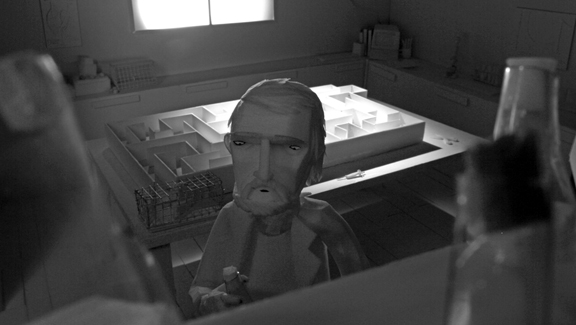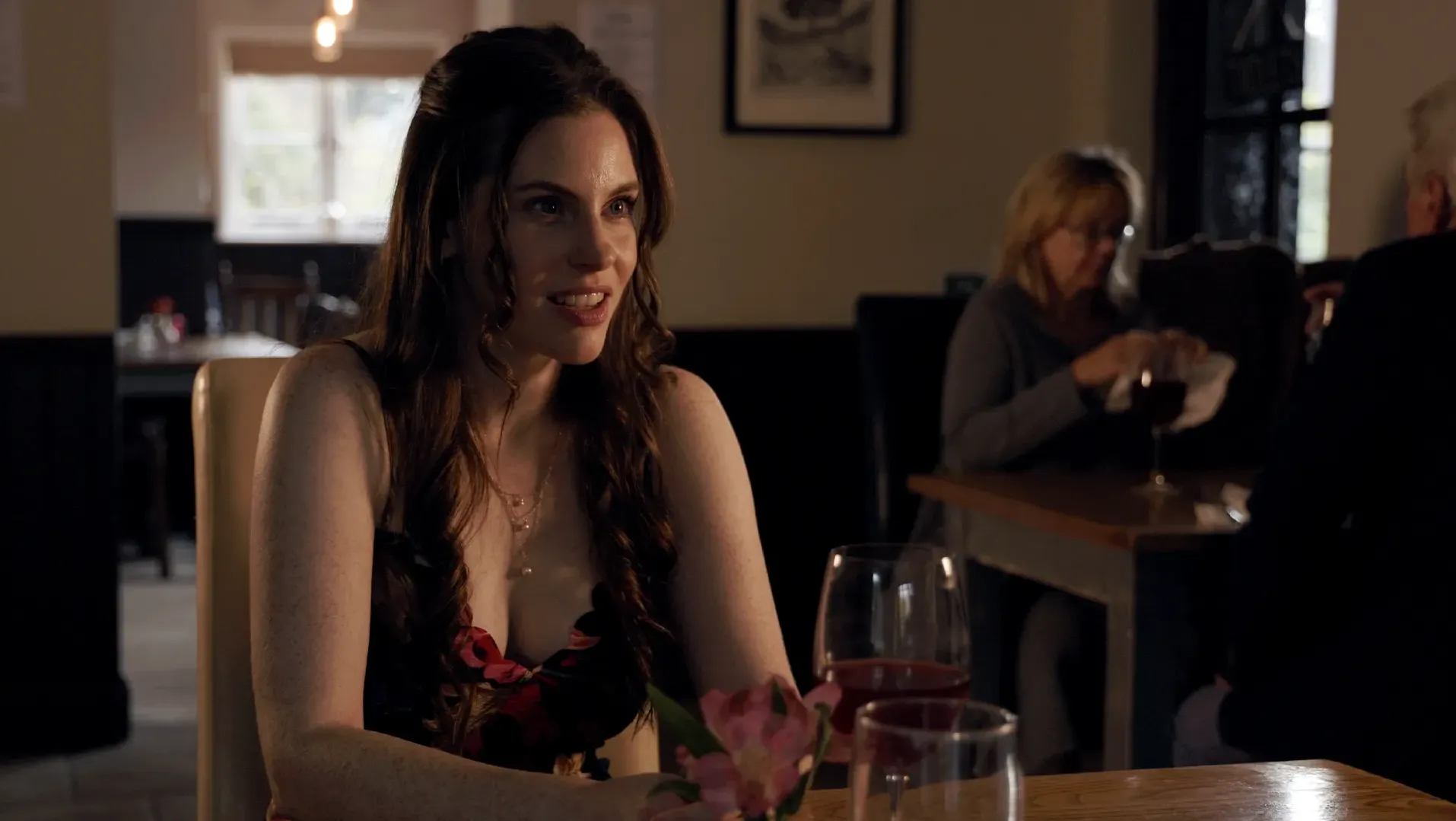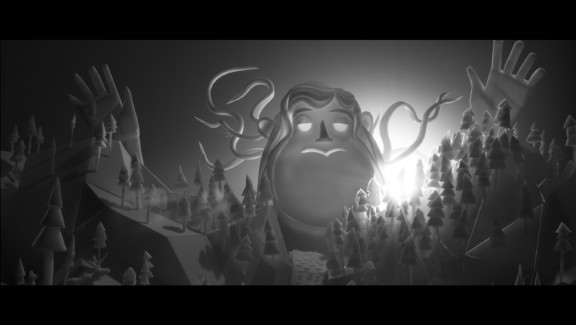Marilyn Myller
Synopsis
Details
- Year
- 2013
- Type of project
- Shorts
- Running time
- 6 mins
- Format
- Digital stills
- Director
-
Mikey Please
- Producer
- Jan Stebbins, James Bretton, Mikey Please
- Executive Producer
- Peter Medlock, Michael Feder, Bart Yates, Mikey Please
- Editor
- Mikey Please
- Screenwriter
- Mikey Please
- Director of Photography
- Mikey Please, Dan Ojari
- Production Designer
- Mikey Please
- Sound
- Adam Janota Bzowski
- Composer
- Benedict Please
- Principal cast
- Josie Long
Genre
Production Status
Production Company
Blink Industries / Hornet Films
Blinkink181 Wardour St
London
W1F 8WZ
Tel: +44 207 494 0747
Page updates
This page was last updated on 12th May 2025. Please let us know if we need to make any amendments or request edit access by clicking below.
See also
You may also be interested in other relevant projects in the database.
 The Eagleman Stag
The Eagleman Stag
Director: Mikey Please
Year: 2010
If you repeat the word 'fly' for long enough it sounds like your saying 'life'. This is of no help to Peter. His answers lie in the brain of a beetle.
 Réservée
Réservée
Director: Richard Anthony Dunford
Year: 2025
All planets in our solar system revolve around the sun. For Evan and Rhian, their universe revolves around table twelve at the Rainbow Inn on Mill Lane.

